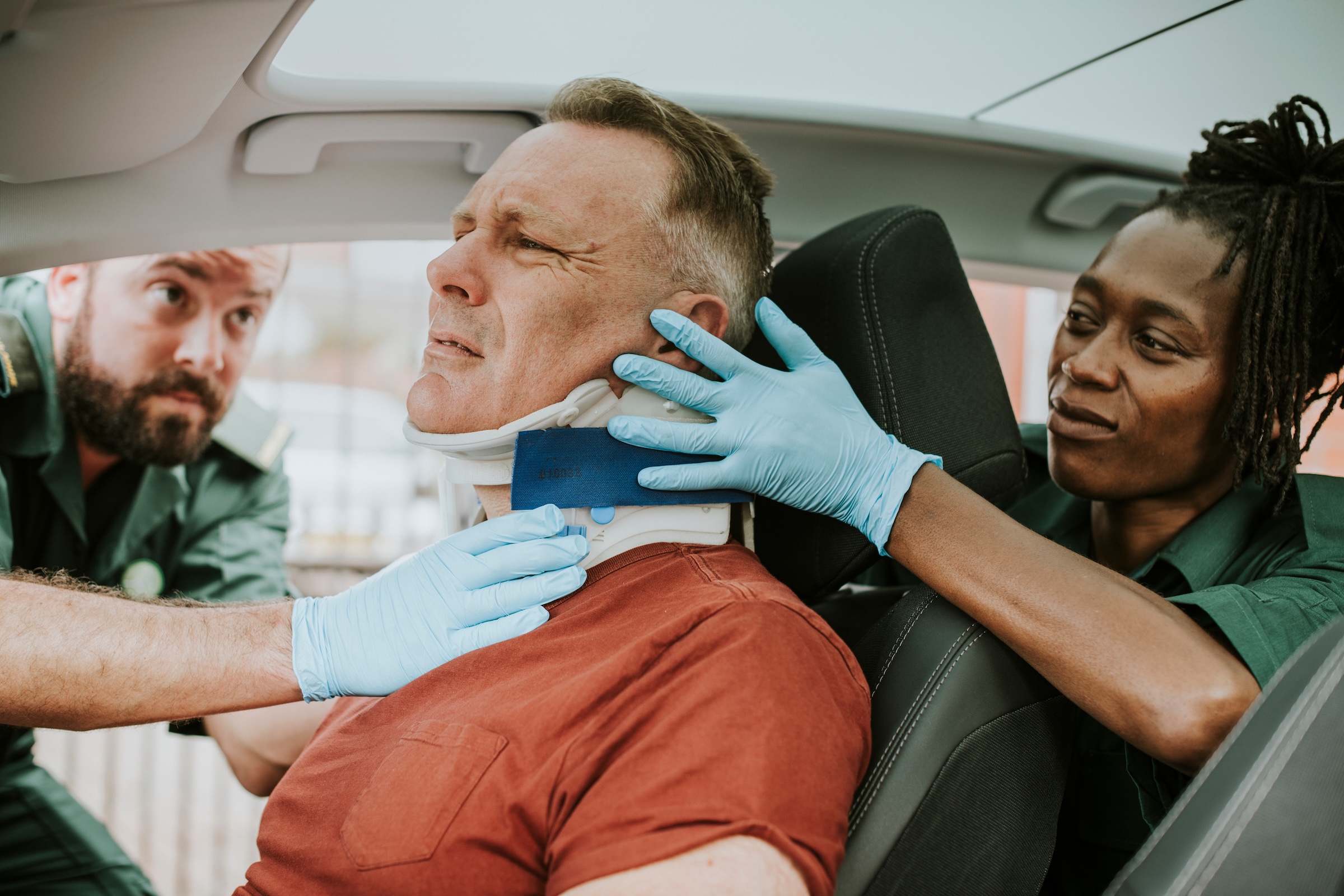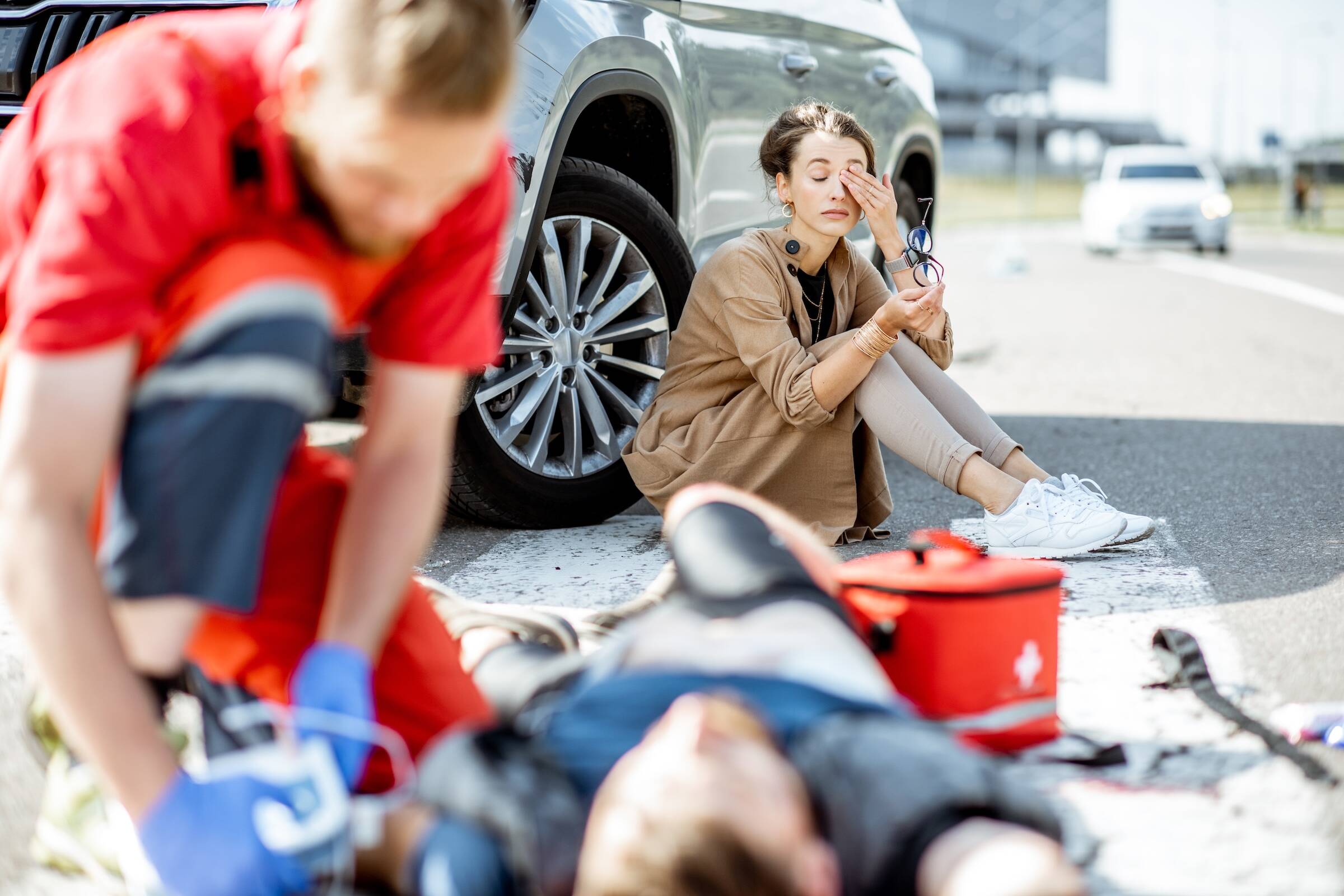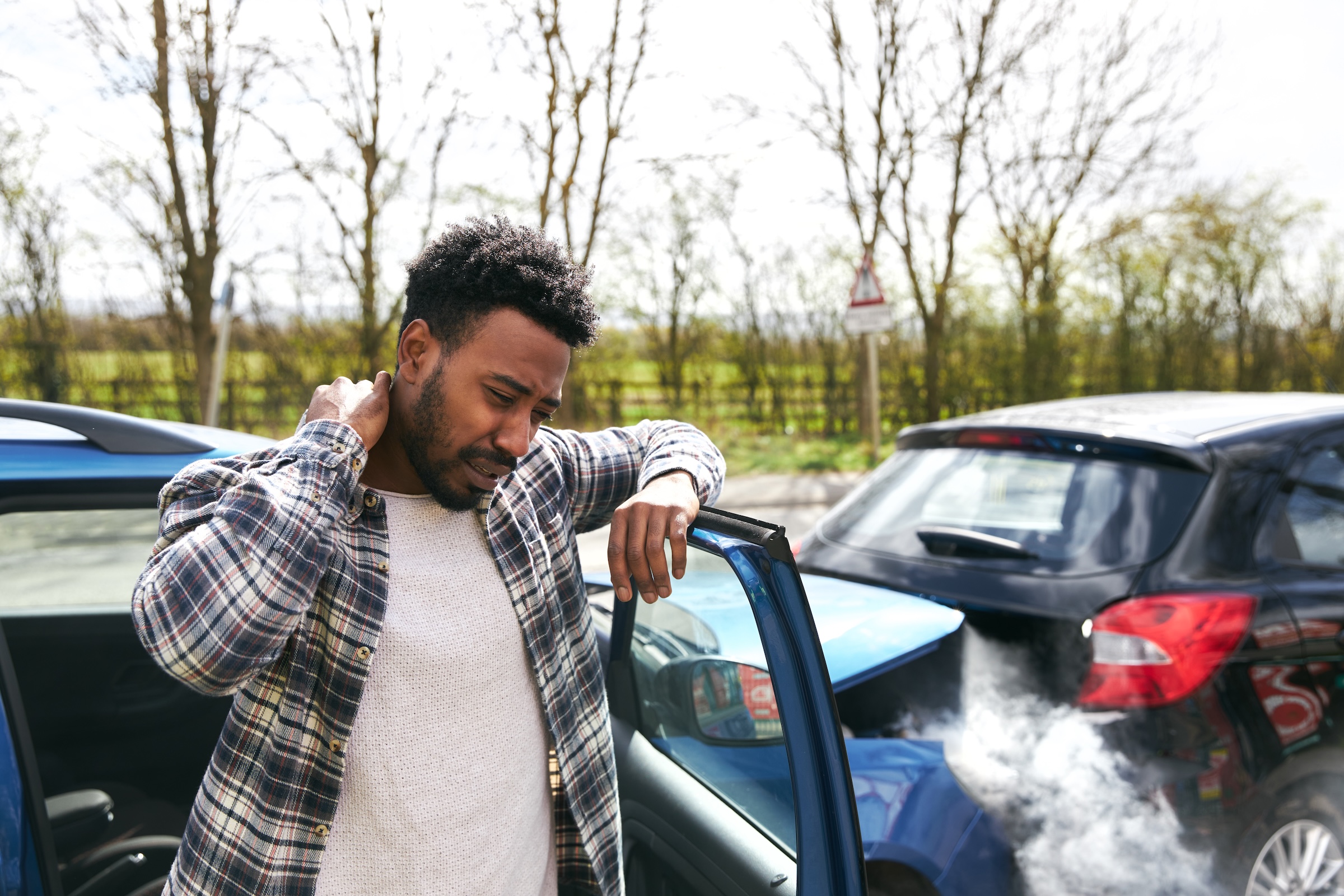Why Commercial Vehicle Accidents Are Almost Never ‘Just Accidents’
It’s easy to call it an “accident.” That’s what the police report says. It’s what the insurance rep says. Maybe it’s even what the driver who hit you says. But when a commercial vehicle is involved—Amazon van, UPS truck, Uber ride, construction pickup—what happened to you probably wasn’t random.
Because here’s the truth: most commercial vehicle crashes are preventable. And the real cause isn’t always what you saw in that split-second before impact—it’s what happened behind the scenes.
Pushing drivers too hard. Skipping safety checks. Rushing deliveries. Undertraining employees. All of these decisions come from companies trying to cut corners or squeeze more out of their workers. And when those choices lead to a crash, that’s not “just an accident.” That’s negligence. And it could be your path to a major legal payout—if you know how to make your case.
Let’s dig into why these crashes happen, how companies try to shift the blame, and what you can do to protect yourself if one of them put you in harm’s way.
Behind Almost Every Crash Is a System That Failed
Most people picture an accident as someone looking at their phone or slamming the brakes too late. And yeah, that might’ve been the final moment—but what led up to it?
A commercial driver might be:
-
Rushing to meet an unrealistic delivery quota
-
Driving longer than legally allowed without rest
-
Handling a vehicle they were barely trained to operate
-
Navigating unfamiliar areas on a tight schedule
-
Driving a truck that wasn’t properly maintained
These aren’t flukes. These are systemic problems caused by companies cutting costs and pushing limits. When a delivery driver hits you because they were speeding between stops, that’s not bad luck—that’s a business decision with consequences.
And that’s exactly why the company might be legally responsible, not just the driver.
Companies Are Quick to Blame the Individual
When a crash happens, corporate PR and insurance teams move fast. They’ll say the driver “acted alone,” or was “off duty,” or “violated policy.” It’s a tactic—a way to distance the brand from liability.
But if the driver was:
-
On the clock
-
In a company-owned or -branded vehicle
-
Using an app tied to the business
-
Following procedures laid out by the company
Then that business can—and should—be held accountable.
The right attorney knows how to prove that connection. And when they do, it opens up access to higher insurance limits and a much stronger claim for you.
If You Don’t Push Back, They’ll Control the Narrative
Let’s be honest—most people don’t fight back. They take the check the insurance company offers. They assume it was just one of those things. They never realize that the system that caused their crash keeps running because nobody challenged it.
But if you were hurt—physically, financially, or emotionally—you can push back. And you don’t have to do it alone.
Whiplash Wealth connects you with attorneys who specialize in these types of cases. Lawyers who know how to investigate not just what happened at the scene, but what caused it behind the scenes. They know how to hold companies accountable for the policies, decisions, and shortcuts that led to the crash.
This Isn’t About Revenge—It’s About Responsibility
When you file a claim or sue after a commercial vehicle accident, it’s not about punishing someone. It’s about making things right. It’s about putting the financial burden where it belongs—on the company that created the risk, not the victim who suffered because of it.
Your injuries, your missed work, your car repairs, your therapy sessions—those costs didn’t come out of nowhere. They came from a chain of decisions. And if you let the insurance company decide what that’s worth, you’re going to walk away with way less than you deserve.
You have every right to stand up for yourself. And you don’t need to figure it out on your own.
Let Us Help You Hold the Right People Accountable
At Whiplash Wealth, we don’t believe in “just accidents.” We believe in cause and effect. In companies taking responsibility for how they run their business. And in victims getting paid when they’ve been hurt.
If you were hit by a commercial vehicle, the story doesn’t end with a police report. It starts with a conversation—about what really happened, what it’s cost you, and what your legal options are.
Get matched with a lawyer who sees the full picture. Someone who knows this wasn’t just random. Someone who can help you get paid. It only takes 60 seconds to start.




